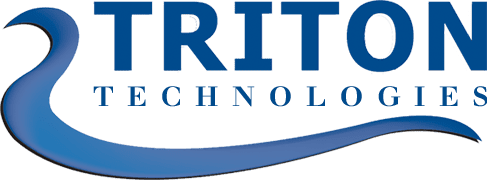While setting up a Work from Home (WFH) Initiative is a vital part of making your office more resilient – or, in some cases, sustainable such as COVID-19 or during natural disasters. However, there can be significant security, IT, and compliance issues that can arise if you’re just sending employees home to work on their laptops. In this blog, we address four interrelated issues that need careful consideration.
1. Having the Right Equipment for Employees
It should be outlined what equipment and utilities employers and employees are responsible for providing and maintaining. Will internet bandwidth be a reimbursable expense? Will laptops, phones, etc. be provided by the business, or will this be a “Bring Your Own Device” – BYOD – project where employees will use their personal devices?
2. Maintenance and Upgrades on Hardware
If technology is provided by the employer, what is the employee’s responsibility to keep it maintained, upgrades installed, etc.? Even if you have a BYOD policy, are employees required to bring their devices in for upgrades and security checks?
Discover our IT Solutions for Your Industry
Worcester’s Top Managed Service Provider
3. WFH and the Fair Labor Standards Act
Just because an employee works from home, it doesn’t mean overtime laws go out the window. The Fair Labor Standards Act (FLSA) creates a framework for paying wages above the law’s definition of a 40-hour workweek that includes overtime pay for work performed beyond that threshold. Under FLSA, two basic classes of workers are defined: those employees who must be paid overtime when working over forty hours (non-exempt employees), and those who are not required to be compensated for work done beyond the 40-hour limit (exempt employees)
Diving Deeper into FLSA and Remote Work
The problem FLSA presents is that non-exempt employees must be paid for all work, including any work activity outside regular working hours. An example of the liability that is created for an employer are employees who respond to texts and emails from home outside “office hours.” This is compensable work and needs to be counted under the 40-hour threshold. Policies that protect you from any violation of FLSA should be articulated clearly in writing. Because they are not physically in the building, it becomes trickier to observe and limit their work activity.
Discover Our Compliance Management Solutions
Worcester’s Leading Provider of Compliance Services
4. Silos and Compliance
When developing a WFH initiative, the above issue of FLSA points out that effective WFH planning and implementation requires collaboration, and not just between individual managers and employees. Is it an IT issue-who is supporting all of this off-site technology and maintaining data security? Is it a human resource issue-will performance measurements that need to be tweaked? What about FLSA and similar laws? Is it a legal issue-how is data governed by federal and state laws such as HIPAA and FERPA being handled? Is Wi-Fi permitted? And remember, if you’re operating in
Massachusetts, you have to deal with the strict MA Data Privacy laws.
It is extremely important that companies look into the legal and cybersecurity angle before opting for the work from home setup. WFH can prove beneficial to both the employer and the employee if planned well and implemented properly, but just like the work itself, your policies and IT need to adapt.
Triton Technologies has spent years getting clients and their employees onto the cloud, from hosting to VoIP alongside every conceivable WFH initiative and setup. If you’re looking for a remote worker setup that keeps you and your employees safe and productive, contact us today for an IT consultation.
Explore our Managed Service Offerings
Worcester’s Top Managed Service Provider



